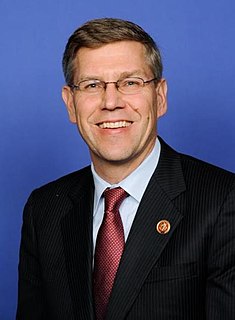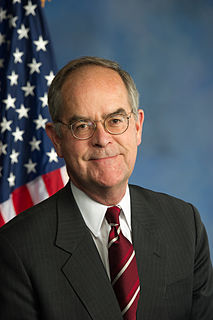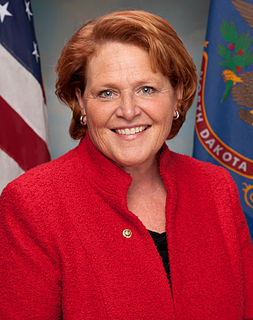A Quote by Mark Steyn
The minute health care becomes a huge, unwieldy, expensive government bureaucracy it's a permanent feature of life and there's nothing anyone can do about it.
Related Quotes
The government is supposed to conform to our will. By taking the most important thing you have, your health and your health care, and turning that over to the government, you fundamentally shift the power, a huge chunk of it, from the people to the government. This is not the direction that we want the government to go in this nation.
Health care is too expensive, so the Clinton administration is putting a high-powered coporate lawyer - Hillary - in charge of making it cheaper. (This is what I always do when I want to spend less money - hire a lawyer from Yale.) If you think health care is expensive now, wait until you see what it costs when it's free.
As Congress debates overhauling the nation's health care system, it should not authorize a reform plan that would further our financial woes. We must avoid creating an unsustainable government program. There is no question that reform is needed, but health care can be made more affordable without massive and expensive new bureaucracies.
In business, you don't necessarily need heart, whereas here, in government, almost everything affects people. So if you're talking about health care - you have health care in business but you're trying to just negotiate a good price on health care, et cetera, et cetera. You're providing health. Here, everything, pretty much everything you do in government, involves heart, whereas in business, most things don't involve heart. In fact, in business you're actually better off without it.
Most of the people who make decisions about global health are in the U.S. and Western Europe. There, the mental health care system is dominated by highly trained, expensive professionals in big hospitals, who often see patients over long periods of time. This simply can't be done in rural Africa or India. Who the hell can afford that kind of care?
Although a government study found that men's health was much worse than women's health or the health of any minority group, headlines around the country read: 'Minorities Face Large Health Care Gap.' They did not say: 'Men Face Large Health Care Gap.' Why? Because we associate the sacrifice of men's lives with the saving of the rest of us, and this association leads us to carry in our unconscious an incentive not to care about men living longer.






































